Arts Backpack UK launched at the National Theatre
On Saturday 4 August 2018, Action for Children’s Arts (ACA) launched the Arts Backpack UK at the National Theatre. This is a project which, if implemented, will ensure that every primary school child in the UK has at least five cultural experiences in the school year. It has been proposed to government ministers, representatives from Arts Council England and key individuals within the sector as a way to combat the diminishing role that arts subjects play in schools across the UK.
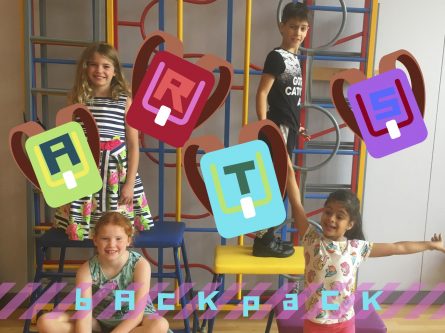
The idea is inspired by similar schemes worldwide: the Norwegian Cultural Rucksack, the Israeli Cultural Breadbasket and the German Culture Rucksack in Nuremberg. The principle is to offer every primary school child in the UK a digital rucksack, where they can collect their Arts, Cultural, Heritage and Library experiences throughout the year. The aim is to collect a minimum of five experiences.
At the National Theatre launch of this project, ACA put out the call for an individual to carry out a feasibility study. Those wishing to apply can click here to download the brief.
The feasibility study has been generously funded by Arts Council Northern Ireland, Assitej UK, Belfast City Council, Cambridgeshire Music, Fife Council and two generous donors; and match-funded by ACA.
The Arts Backpack is championed by ACA patrons including David Almond, Sir Alan Ayckbourn CBE, Baroness Floella Benjamin OBE, David Bintley CBE, Mrs Felicity Dahl, Michael Foreman, Jamila Gavin, Anna Home OBE, Michelle Magorian, Roger McGough CBE, Philip Pullman CBE, Lynne Reid Banks, Sir Tony Robinson and Dame Jacqueline Wilson. When adding his support, Michael Foreman said: “Art was my boyhood ‘magic carpet’ to a world of Wonder. It has been all my life. Every child should have the opportunity to go on this ride.”
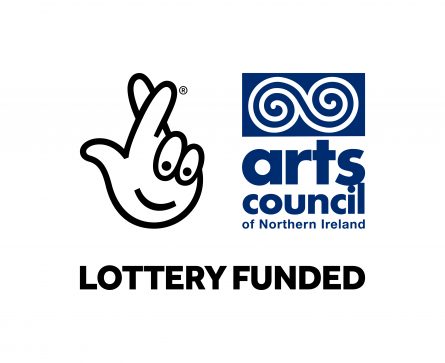
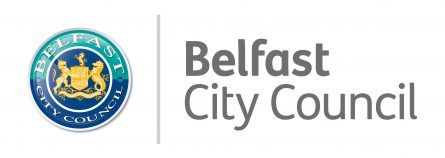
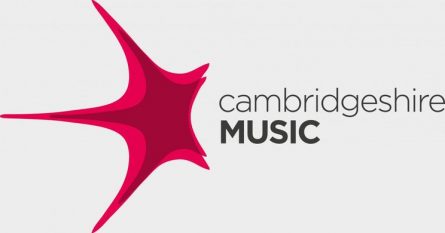
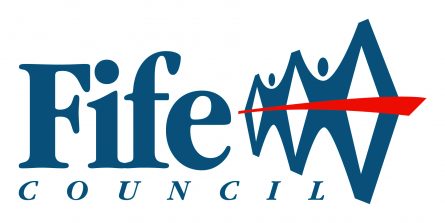
Notes for Editors
Contact for information: admin@childrensarts.org.uk
@childrensarts
Action for Children’s Arts (ACA) is a national membership organisation embracing all those who believe that every child deserves access to artistic and creative activity. The charity is dedicated to the promotion, development and celebration of all creative and performing arts, for and with children. ACA is proud that its membership ranges from individual artists, to National Portfolio Organisations, to parents and teachers – all championing the cause of giving every child access to the arts.
President: David Wood, OBE
Chair: Vicky Ireland, MBE
Patrons: David Almond, Jenny Agutter OBE, Sir Alan Ayckbourn CBE, Baroness Floella Benjamin OBE, David Bintley CBE, Malorie Blackman OBE, Sir Quentin Blake CBE, Sir Matthew Bourne OBE, Joseph Coelho, Mrs Felicity Dahl, Dame Carol Ann Duffy CBE, Peter Duncan, Michael Foreman, Jamila Gavin, Anna Home OBE, Shirley Hughes CBE, Sir Nicholas Hytner, Terry Jones, Judith Kerr OBE, Julian Lloyd Webber, Joanna McGregor OBE, Michelle Magorian, Roger McGough CBE, Sir Michael Morpurgo OBE, Nick Park CBE, Philip Pullman CBE, Lynne Reid Banks, Sir Ken Robinson, Sir Tony Robinson, Michael Rosen, Dame Jacqueline Wilson, Benjamin Zephaniah.



